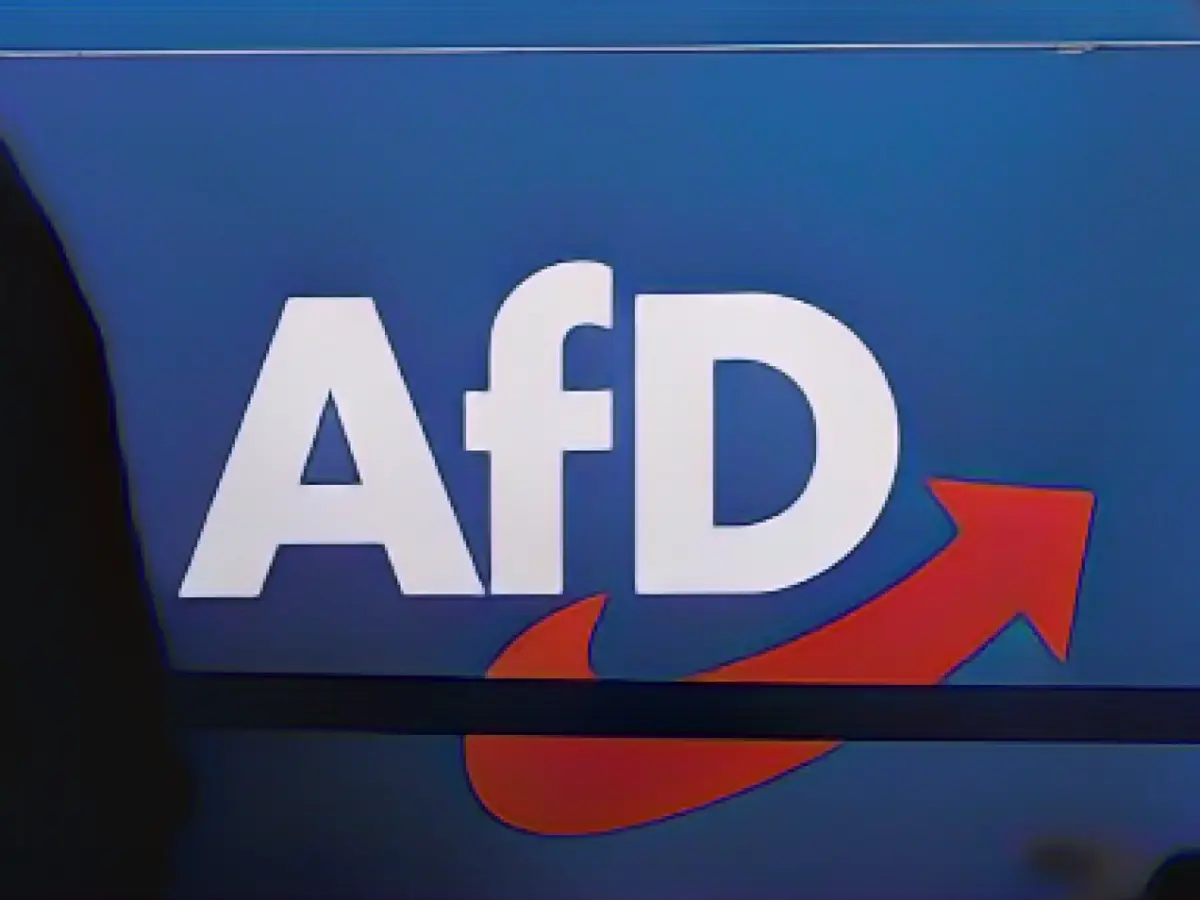Gauging the Political Landscape: Parties' Evolving Stance on AfD
The electoral victories of the AfD, notably in Sonneberg, have significantly stirred Germany's political sphere. Initially, some parties were reluctant to engage with the far-right party, aiming to keep a safe distance. However, this reticence is slowly waning, as evidenced by the changing attitude displayed towards the AfD in local council and state parliament sessions.
According to Dominik Schumacher, a prominent representative of the Federal Association of Mobile Counselors, this shift has resulted in a decrease in morale among individuals fighting against the extreme right in Germany. The Association, boasting around 50 counseling teams, advises various organizations, institutions, and administrations on handling right-wing extremism and populism, including the Thuringian democracy advisors from Mobit.
The New Normal
With the AfD's increased presence in political arenas, some historically distanced parties in places like Dresden and around Germany, such as in the district of Sonneberg, have begun to perceive AfD representatives as legitimate political opponents. This dynamic change creates opportunities and challenges for all parties involved.
Civil Society's Challenge
Germany's civil society, in the face of this evolving political landscape, has found itself under unprecedented pressure. This pressure required elevated collaboration and resilience among organizations committed to combating right-wing extremism. Utilizing modern tools and platforms, such as mobile apps, enables these organizations to share resources effectively.
Factors Shaping the Change
Several factors have contributed to the mainstream parties' more accommodating stance towards AfD:
- Political Endorsements: Elon Musk's endorsement and the Trump administration's support for AfD have provided the party with a significant boost.
- Electoral Significance: The AfD's impactful polling numbers and the potential for substantial influence in elections, particularly on February 23, have prompted other political parties to address the presence of the AfD directly.
- Policy Differences: The AfD's bold stance on immigration, NATO, and Ukraine's arms deliveries has generated noteworthy divergences between the party and mainstream parties, leading to heightened competition.
- Historical and Cultural Sensitivities: The party's perceived connection to Nazi symbols and ideologies has raised concerns and fueled a strong reaction from the political establishment and the public at large.
- Coalition Dynamics and Electoral Strategies: Mainstream parties are focused on avoiding being associated with the AfD's extreme views, while also recognizing the importance of addressing the concerns that drive the AfD's support.
Navigating the Changing Political Terrain
The evolving relationship between mainstream parties and the AfD in Germany carries significant implications for the political landscape. As the dynamics continue to shift, parties and civil society organizations will need to adapt their strategies and collaborate to counteract the normalization of extreme right-wing positions, ensuring a democratic future for all.








